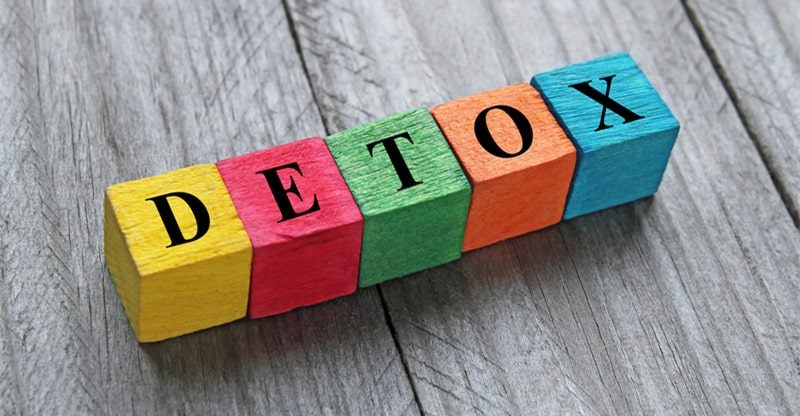5 Signs to Tell Whether You Need a Drug Detox
Drug addiction is a common problem, especially amongst the youth in the US these days. Addiction is defined as a chronic disease that profoundly affects the brain’s motivation, reward and memory functions. Everyone using particular substances doesn’t necessarily have to be addicted to them, but often it doesn’t take much time for people to get too used to these.
If you or any loved one is accustomed to regularly taking certain drugs, whether for medical purposes or pleasure, looking out for the following signs can help decide whether you or the loved one are addicted or not. In turn, this can help you seek medical aid such as ANR for Percocet withdrawal, from a reputed drug and alcohol rehabilitation center on time. They will provide you all the required help and support you need to overcome addiction.
If you’re still a little unsure about addiction programs and confused about which one to choose, here are key questions to ask rehab centers in order to make the best decision for you.
Sign 1: Change in Social Behaviour
You’ve been using a particular drug or relying on alcohol to woo away your sorrows for quite some time. You now find yourself abandoning hobbies, staying away from people, finding comfort in the company ordinary people usually avoid, or experiencing severe relationship issues. It certainly means you are getting addicted to that particular substance.
It also means that it’s time to get help from the professionals at recovery homes. Even small habits like secretly stowing away cash without any real purpose and avoiding responsibilities mean you are already prone to the effects of addiction.
Sign 2: Change in Physical Appearance
Suddenly losing weight, looking much older than you actually are, continuous health disorders, trouble breathing, and sudden insomnia are all signs of possible addiction.
In addition, some people may also experience withdrawal symptoms such as cravings, trembling, constant sweating, irritability, restlessness, and abnormal behavior such as violence. A person must seek help at the onset of these symptoms, especially if they are accustomed to certain drugs or repetitive consumption of alcohol.
Sign 3: Change in Mental Well-Being
Constant mood swings without any reason, too high emotions, depression, anxiety, engaging in highly risky behavior are all signs exhibited by an addict. Studies indicate that self-medication of a mental illness is a primary reason for substance abuse.
However, if you often find yourself getting in the company of friends and family, whose presence you especially enjoyed before, it means something is certainly wrong. Check if you’ve begun taking some medicine or alcohol in large amounts. If your answer is in the affirmative, it might be time to seek professional help.
Sign 4: Your Attempts to Quit have Failed Miserably
Addiction is like a chronic disease that keeps recurring with increased intensity over time if you are not careful. It is often marked by long periods of relapse and recovery. You might have tried several remedies to get rid of addiction, relying on sheer will and googled advice.
But you continue to find yourself trapped in the vicious shell. Remember, there’s no harm in getting the right help, and opt for Drug detox therapy to take back control of your life.
Sign 5: You have Developed an Extremely High Tolerance Level
Each individual has a different level of tolerance to alcohol and even drugs. However, if someone you know or yourself shows an extremely high tolerance level, something that is quite unusual.
It means the person is addicted. It may look like everything is fine on the face, but deep down, the person’s body is slowly but steadily getting addicted to that particular substance. It is often the best time to get help for sober living since it is the best time to nip the problem right in the bud.
Next Steps Towards Recovery
Now that you have recognized the signs of addiction, it’s finally time to take the right action. The first step is acceptance, followed by motivation and an attitude to recover.
Now all you need to do is look up a reliable drug rehab facility near you and seek professional help. You may opt for either in-patient or outpatient treatment, depending on the severity of your addiction. Remember, addiction may not be your fault, but getting treatment is most definitely your responsibility.



